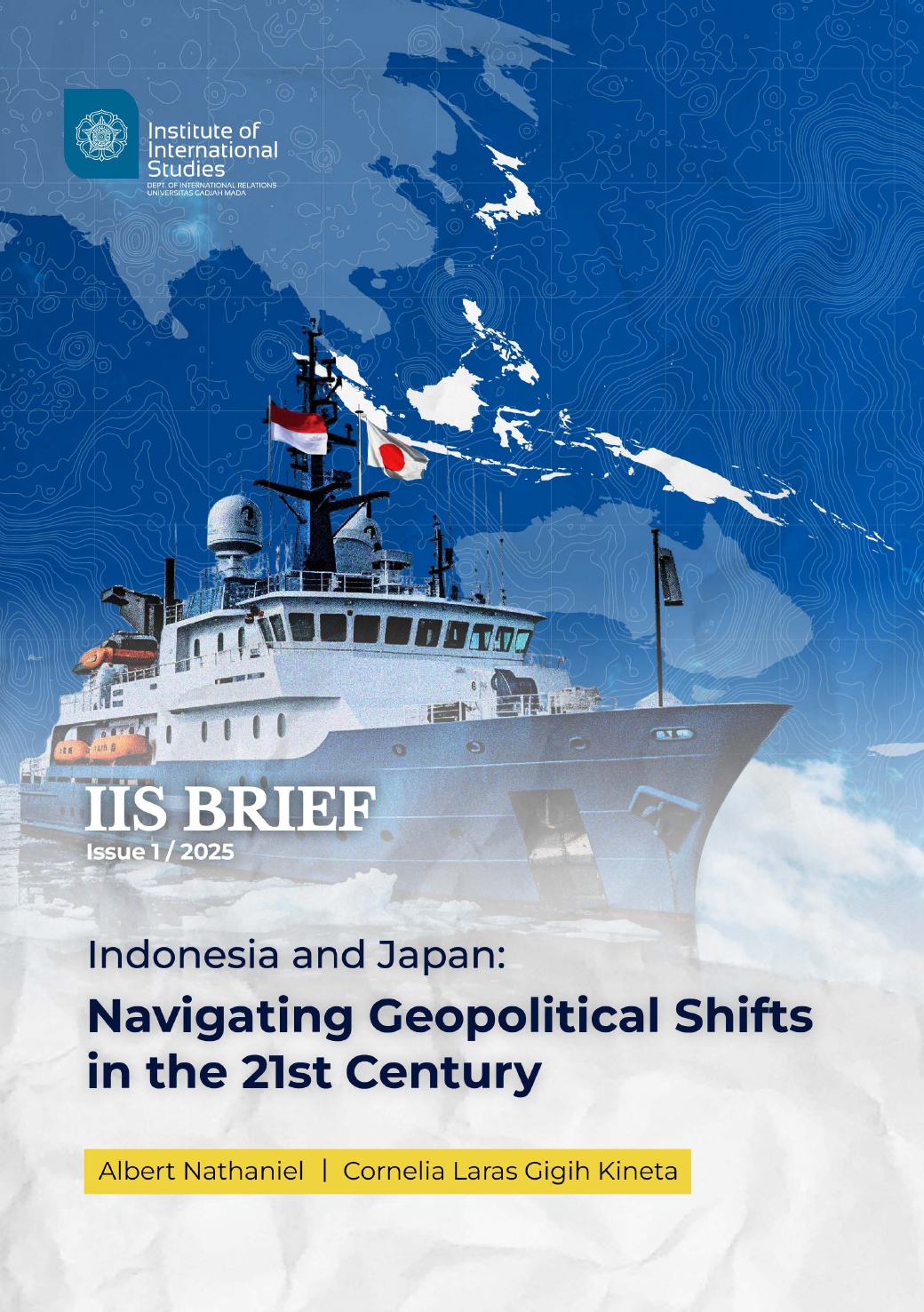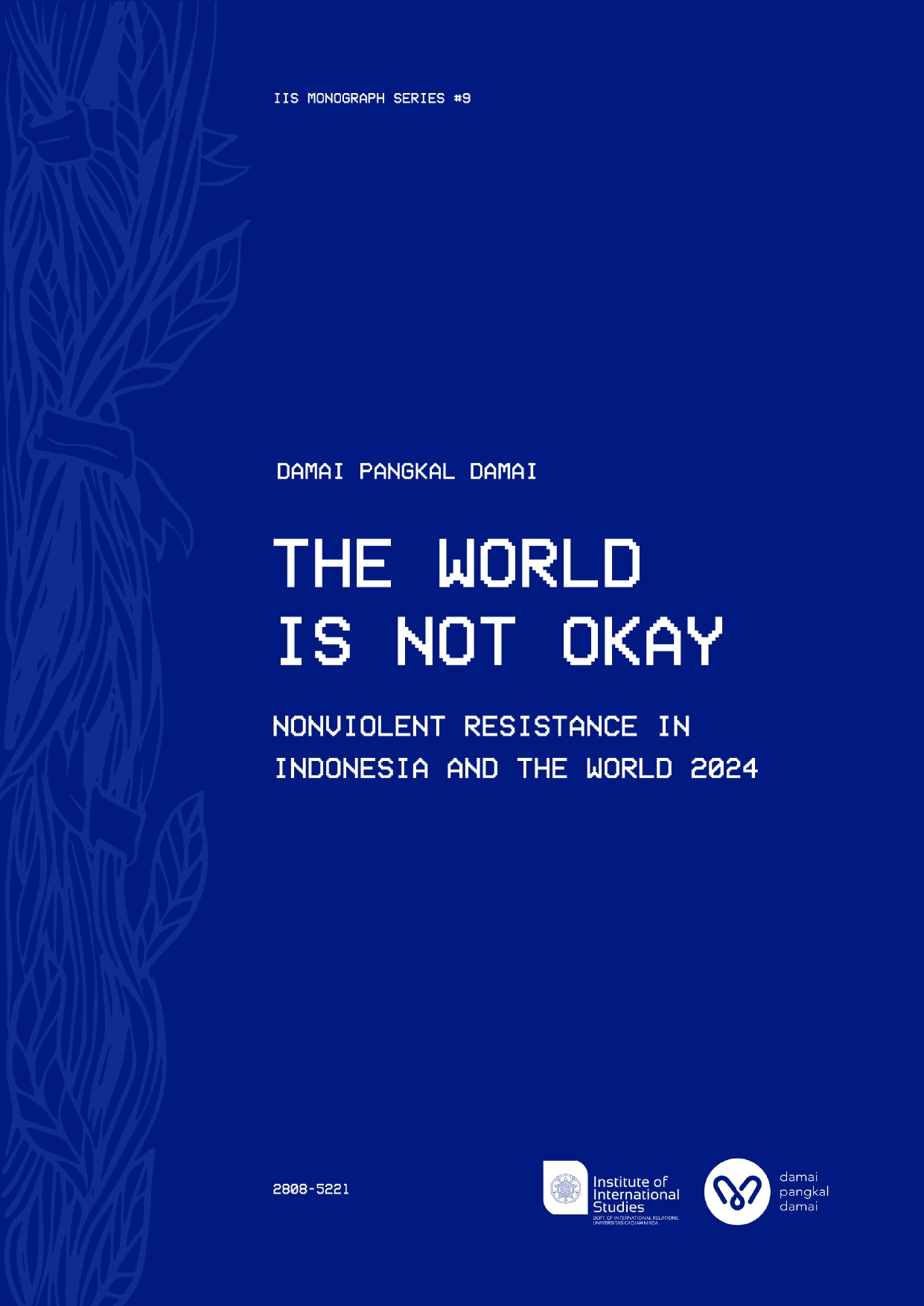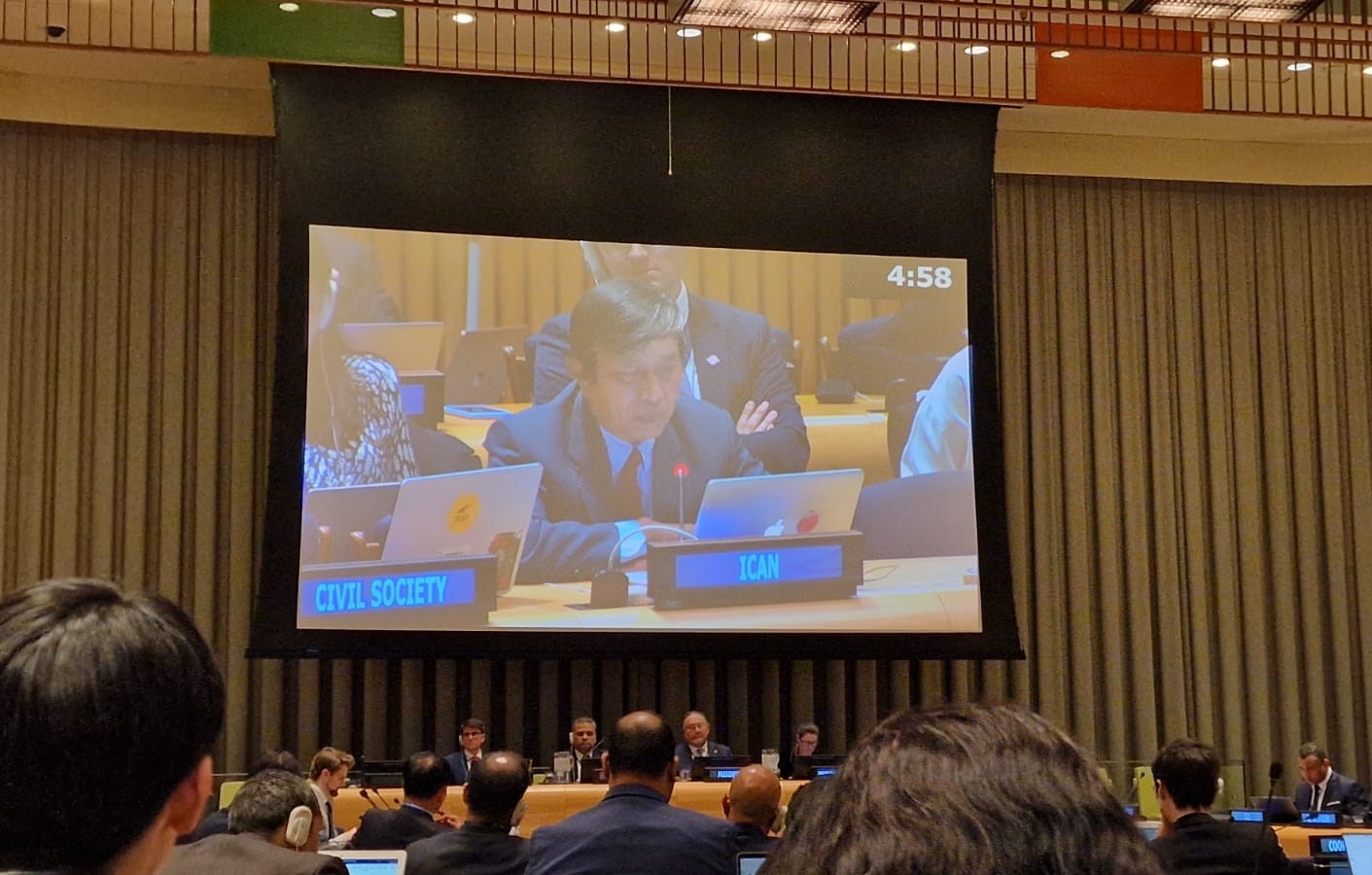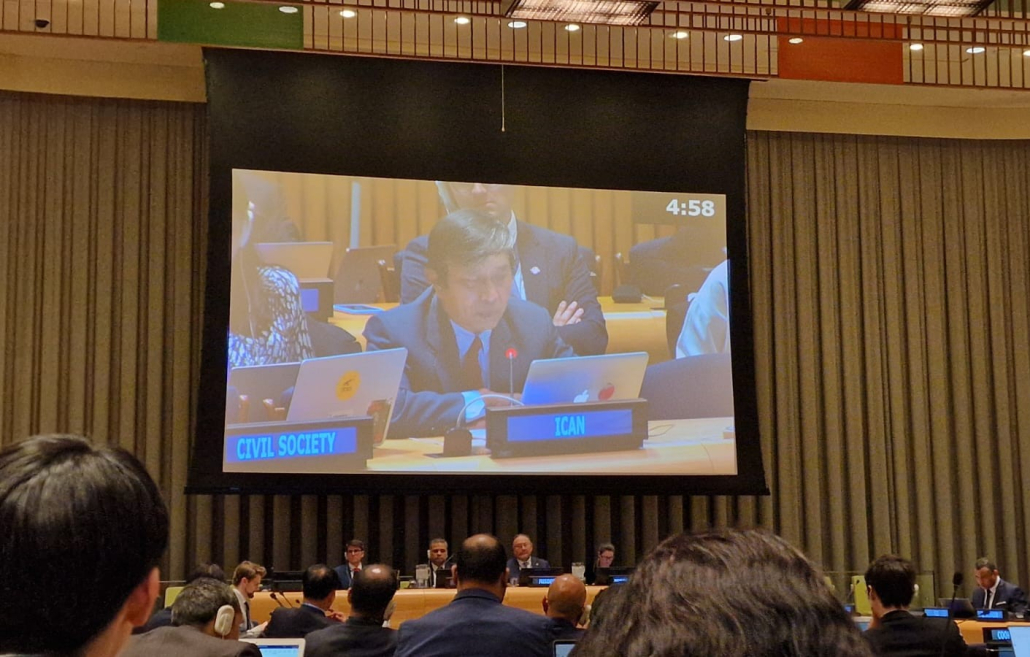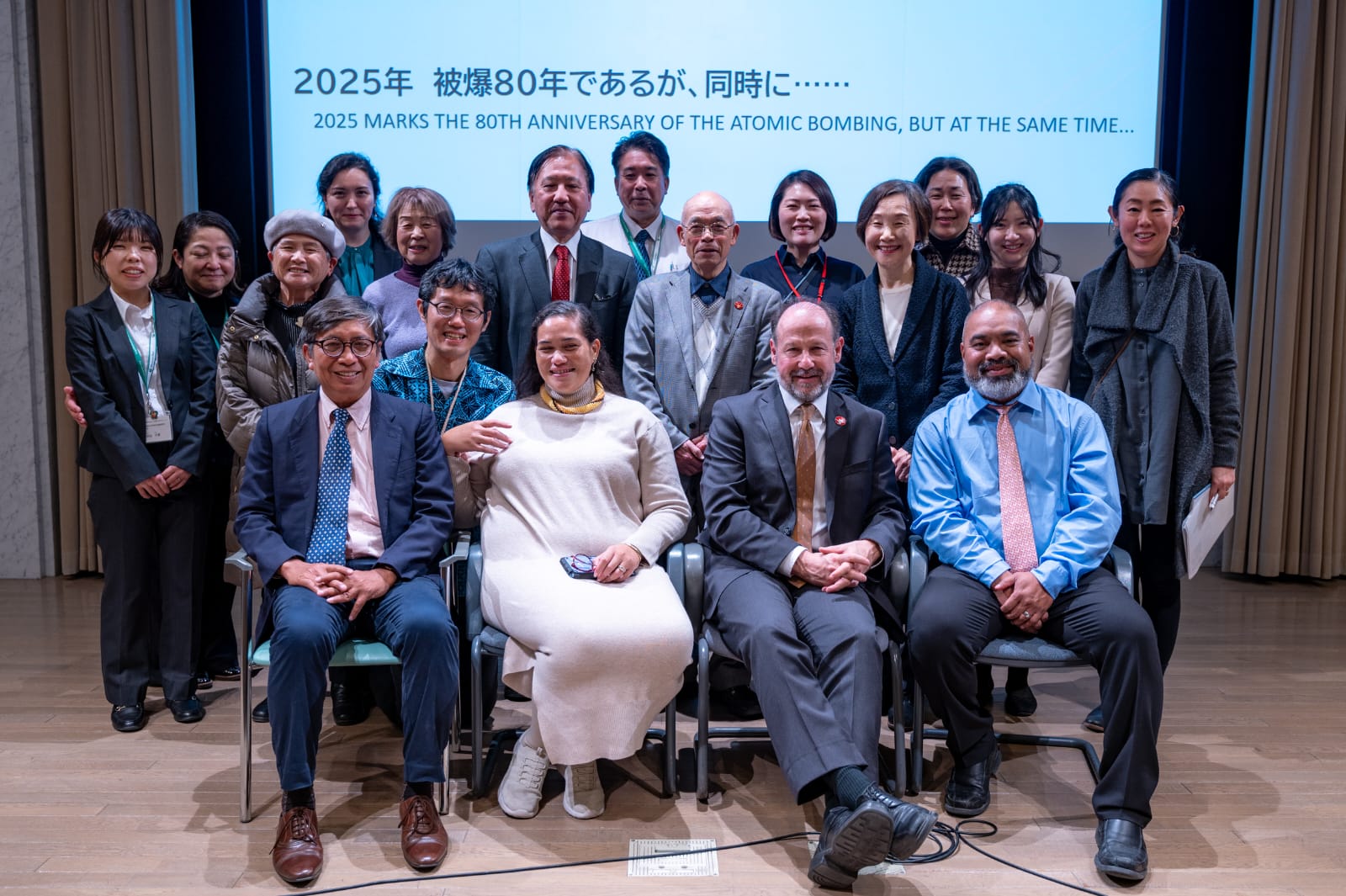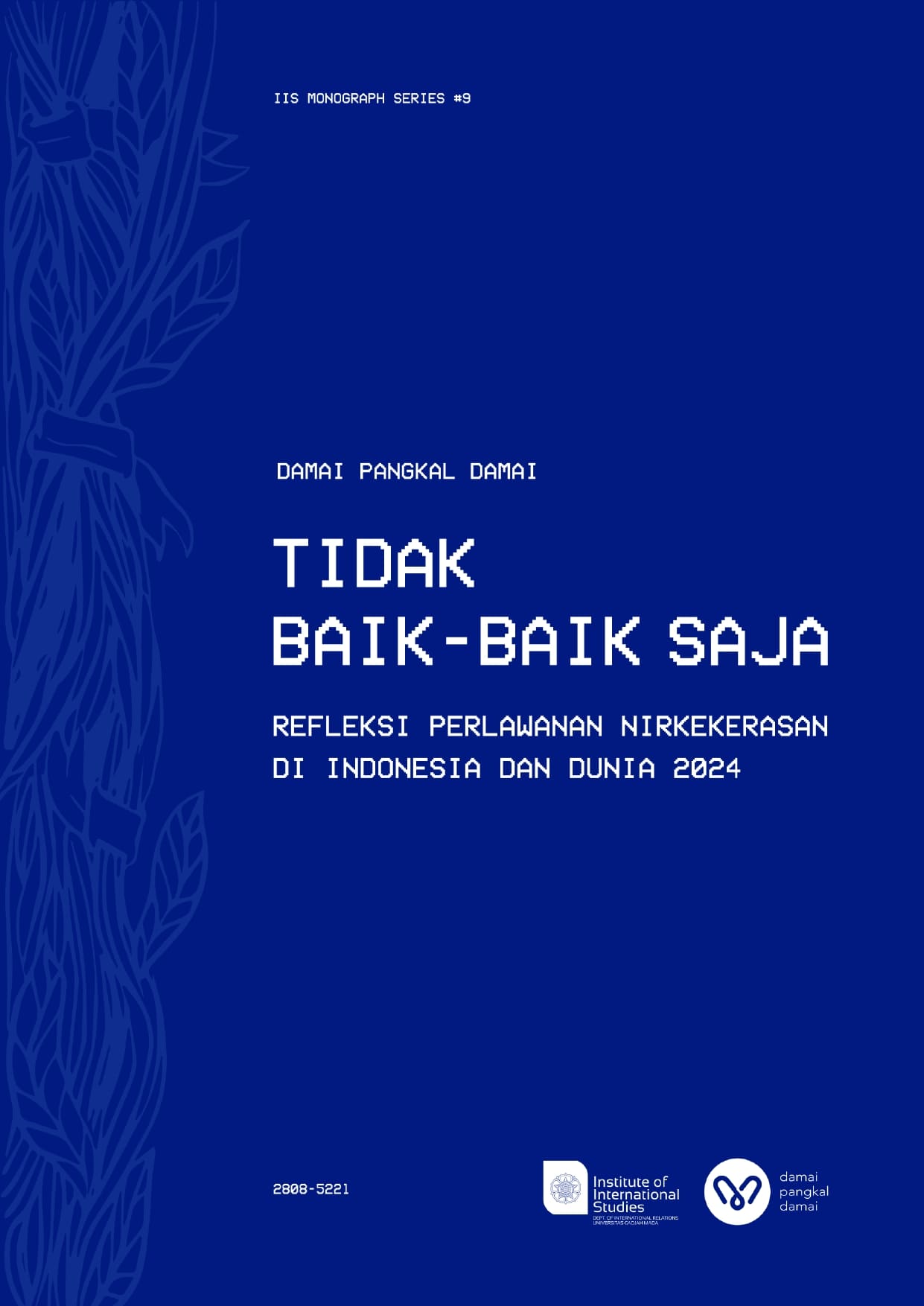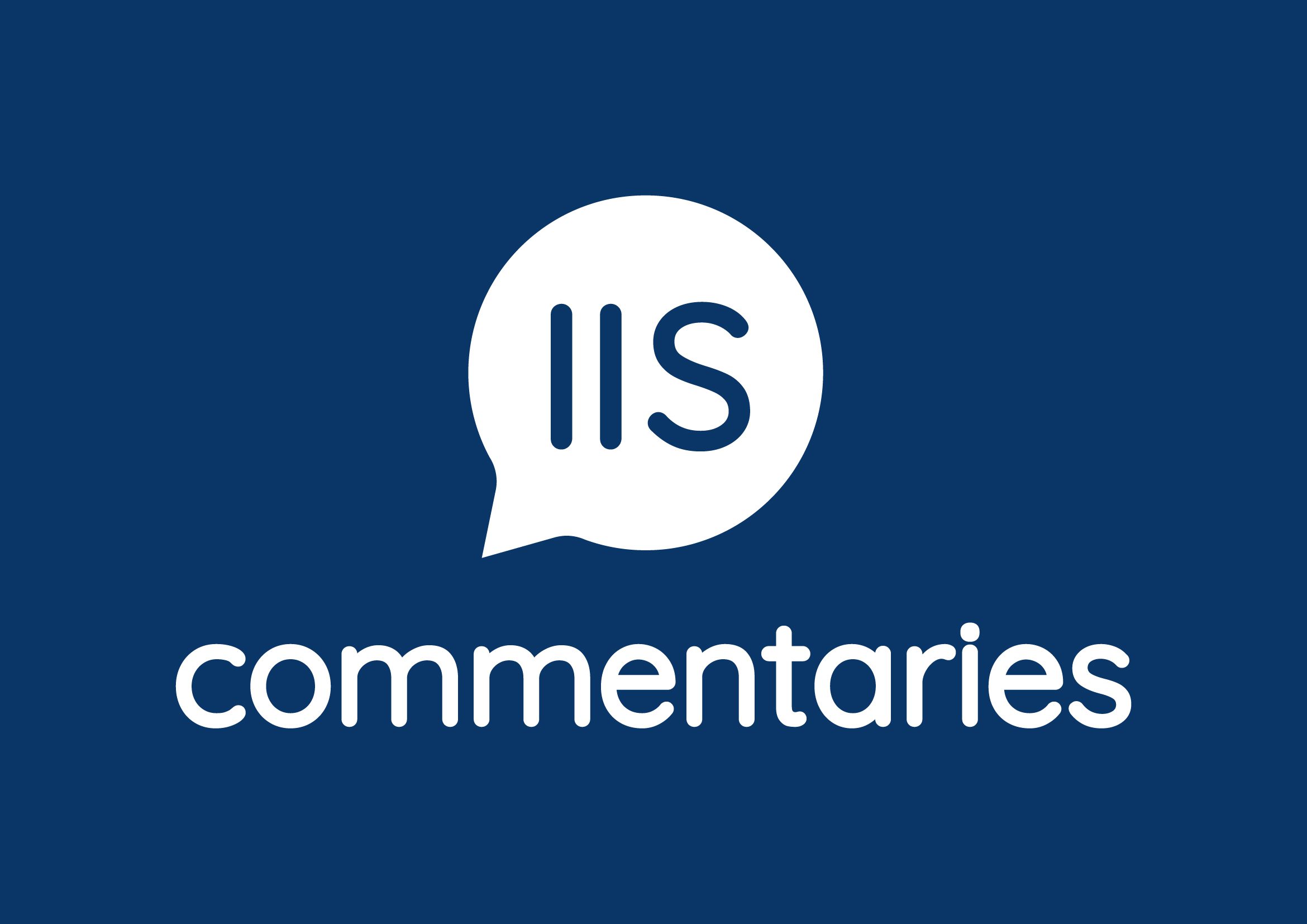[googlepdf url=”https://iis.fisipol.ugm.ac.id/wp-content/uploads/sites/720/2025/03/FR-89.pdf” download=”Download” width=”100%” height=”600″]
.[googlepdf url=”https://iis.fisipol.ugm.ac.id/wp-content/uploads/sites/720/2025/03/IIS-Brief-Issue-1-2025.pdf” download=”Download” width=”100%” height=”600″]
The relationship between Indonesia and Japan has long been characterized by strong cultural and economic ties.
[googlepdf url=”https://iis.fisipol.ugm.ac.id/wp-content/uploads/sites/720/2025/03/dpd-Nonviolent-Resistance-Reflection-2024.pdf” download=”Download” width=”100%” height=”600″]
2024 was election year for more than half of the world’s population.
[googlepdf url=”https://iis.fisipol.ugm.ac.id/wp-content/uploads/sites/720/2025/03/FR-88.pdf” download=”Download” width=”100%” height=”600″]
.[googlepdf url=”https://iis.fisipol.ugm.ac.id/wp-content/uploads/sites/720/2025/02/FR-87.pdf” download=”Download” width=”100%” height=”600″]
.[googlepdf url=”https://iis.fisipol.ugm.ac.id/wp-content/uploads/sites/720/2025/02/FR-86.pdf” download=”Download” width=”100%” height=”600″]
.On 8-9 February 2025, Mr. Muhadi Sugiono, Senior Researcher and Lead Campaigner at the Institute of International Studies, Universitas Gadjah Mada, participated in the International Civil Society Forum to Abolish Nuclear Weapons, in Tokyo, Japan.
[googlepdf url=”https://iis.fisipol.ugm.ac.id/wp-content/uploads/sites/720/2025/02/dpd-Refleksi-Perlawanan-Nirkekerasan-2024-1.pdf” download=”Download” width=”100%” height=”600″]
2024 bisa disebut sebagai tahun pemilihan umum.
[googlepdf url=”https://iis.fisipol.ugm.ac.id/wp-content/uploads/sites/720/2025/02/Commentaries.pdf” download=”Download” width=”100%” height=”600″]
.

